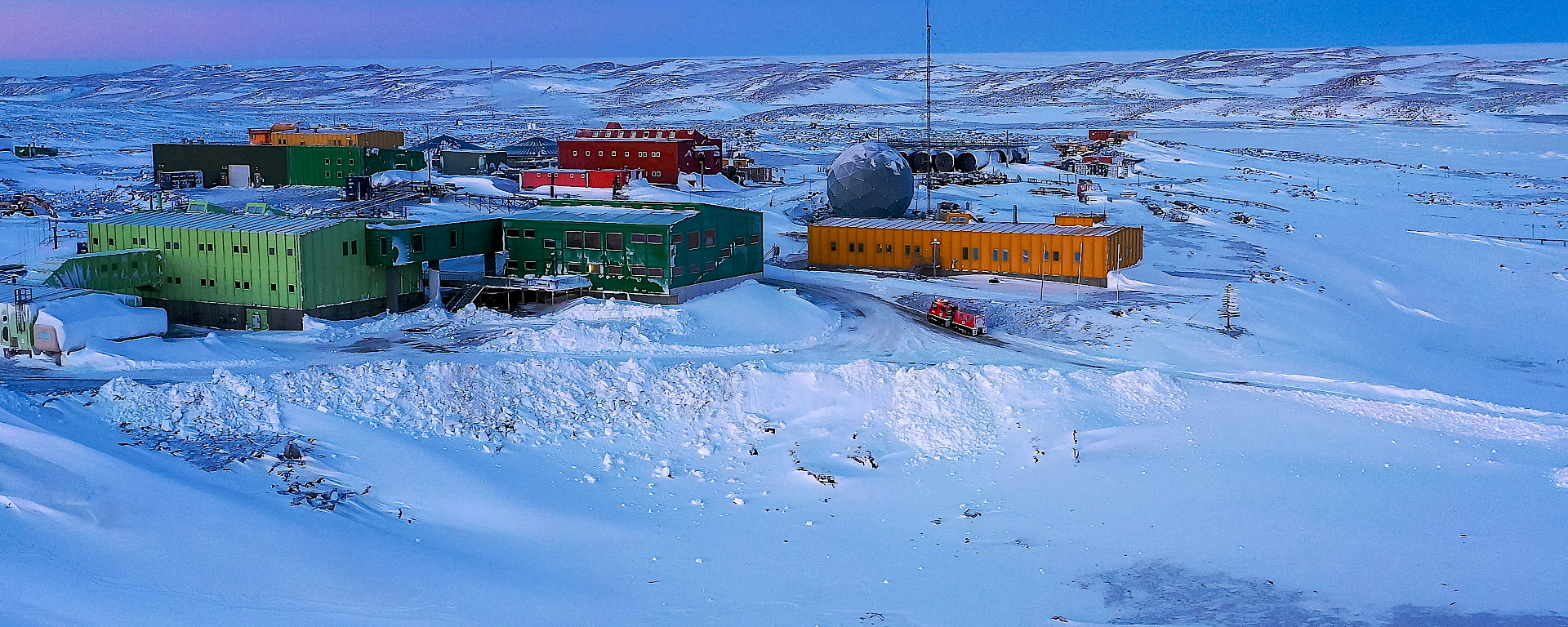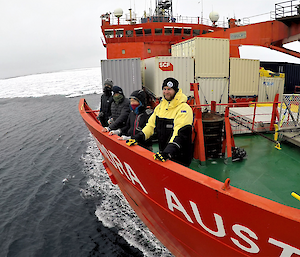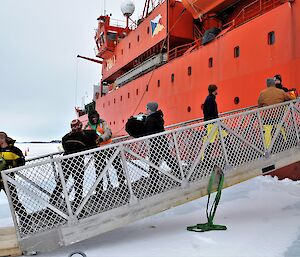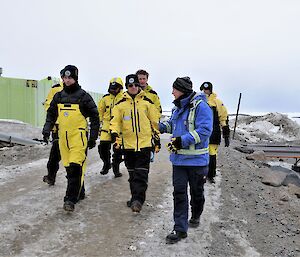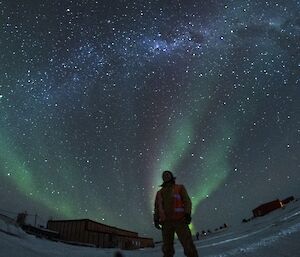For people living in isolation to prevent the spread of COVID-19, the winter team of expeditioners at Australia’s Davis research station has some hot tips.
Davis station leader, David Knoff, said when it comes to isolation, the small winter crew at Davis has plenty of expertise to share.
“Our 24-strong team arrived in Antarctica late last year and won’t return home until the end of 2020. More than half this time we will be completely cut off from the outside world,” Mr Knoff said.
“While we chose to be in isolation down here for the winter, those back at home have had it forced upon them, so we thought we’d give some advice about making the most of it.”
“Some of our key tips are to get plenty of exercise, eat well, support each other and maintain social interaction, even if it’s only via the internet.”
The world the Australian expedition teams left just six months ago has changed dramatically, leaving them among the only people on the planet untouched by the global COVID-19 pandemic.
“The Australian Antarctic Division were onto this issue quite early,” said Mr Knoff.
“As far back as January they started to screen all passengers coming to Antarctica on planes or the ship, as well as imposing quarantine periods before they headed south.”
“These measures have proven to be successful, keeping Australian stations COVID-19 free, which is a huge relief.”
The Davis team know ‘isolation’ is on everyone’s lips back home and there’s concern amongst the expeditioners about how everyone is coping.
“We’re quite removed from the whole situation, but it certainly has changed life here in that we’re making a lot more phone calls back home,” station electrician Peter Boyle said.
“My brother is a paramedic, so he’s on the frontline with the pandemic. There is some concern there as well, but I do understand that everyone’s practising the best safety protocols that they can back home and most people are doing the right thing. I’ve got faith in that.”
There are currently 89 wintering expeditioners across Australia’s four stations.
They’re bunkering down for the long winter ahead as temperatures plummet, sea ice grows and the winter dark approaches.

